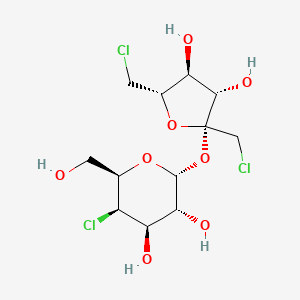Sucralose: Safety and Evidence
Par un écrivain mystérieux
Last updated 06 juillet 2024
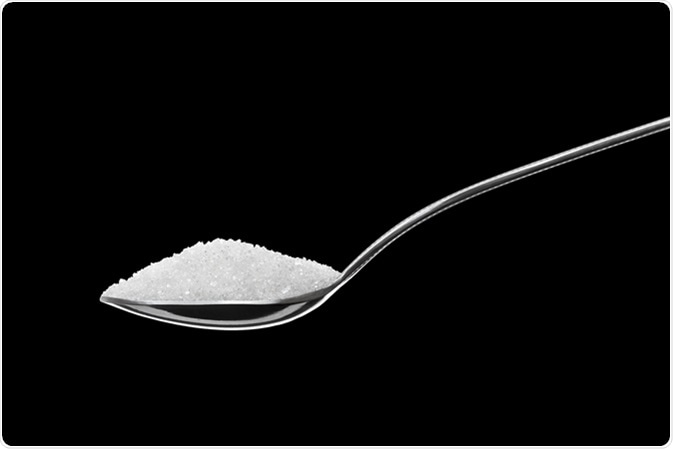
Sucralose is a zero-calorie chemically synthesized sweetener that is extracted from sucrose. Sucralose is 650 times sweeter compared with naturally extracted sugar. It is often used in a wide range of fizzy drinks, table-top sweeteners, salad dressings, baking mixes, breakfast cereals, and chewing gum due to its bitter-free aftertaste.

Sucralose: Popular Artificial Sweetener May Harm the Immune System, 5 Healthier Alternatives

Sucralose (Splenda): Good or Bad?

World Health Organization Warns Against Using Artificial Sweeteners - The New York Times
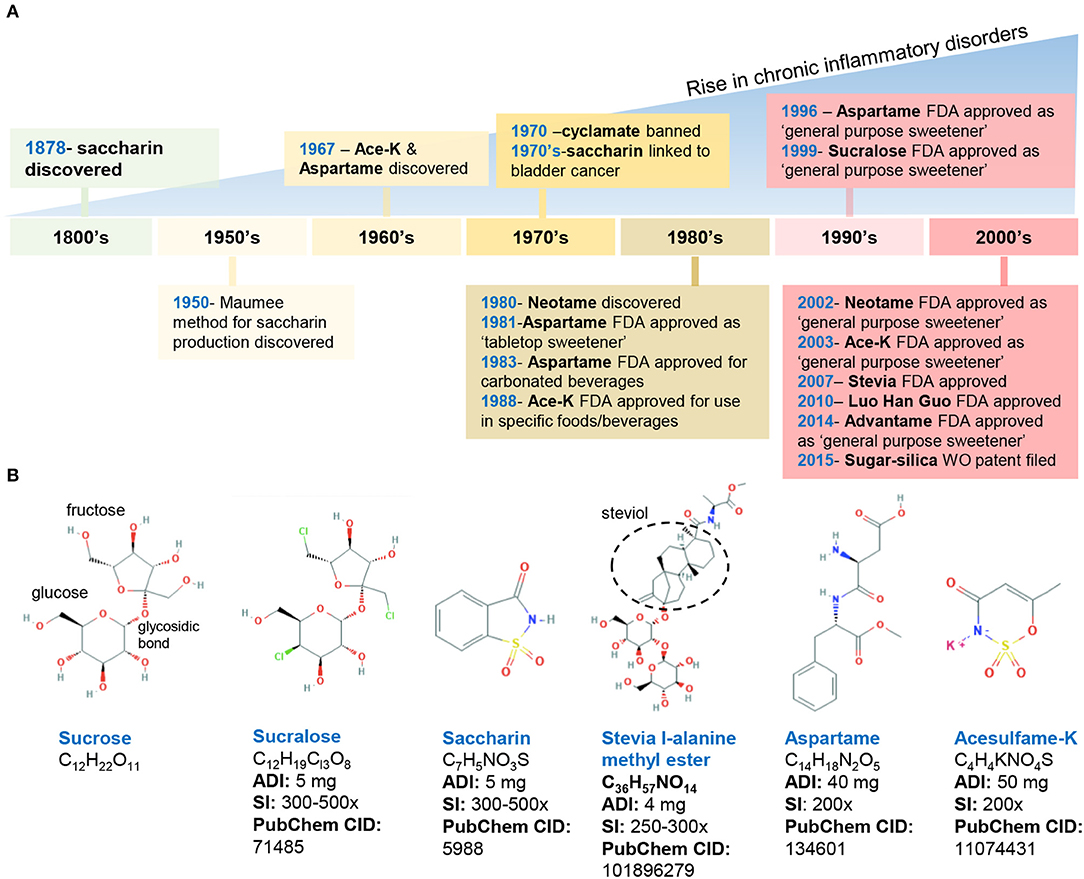
Frontiers Artificial Sweeteners: History and New Concepts on Inflammation
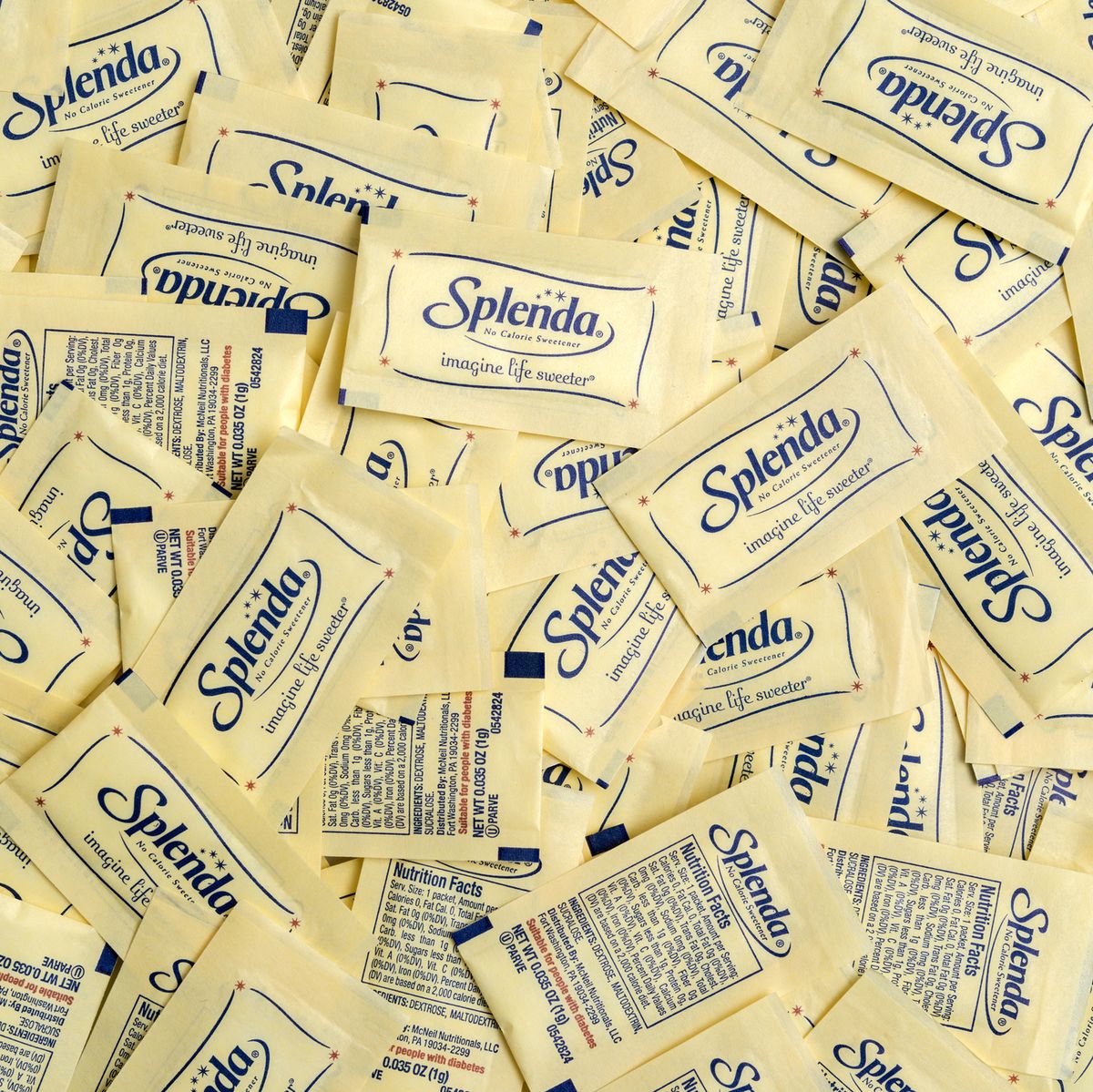
Is Sucralose Bad for You? - What Is Sucralose?

PDF) Critical review of the current literature on the safety of sucralose
What evidence is there that Sucralose (Splenda) is or isn't healthy? - Quora

Health Groups say no side effects with Sucralose

S u c r a l o s e What is Sucralose? Sucralose adds sweetness to foods - ppt download
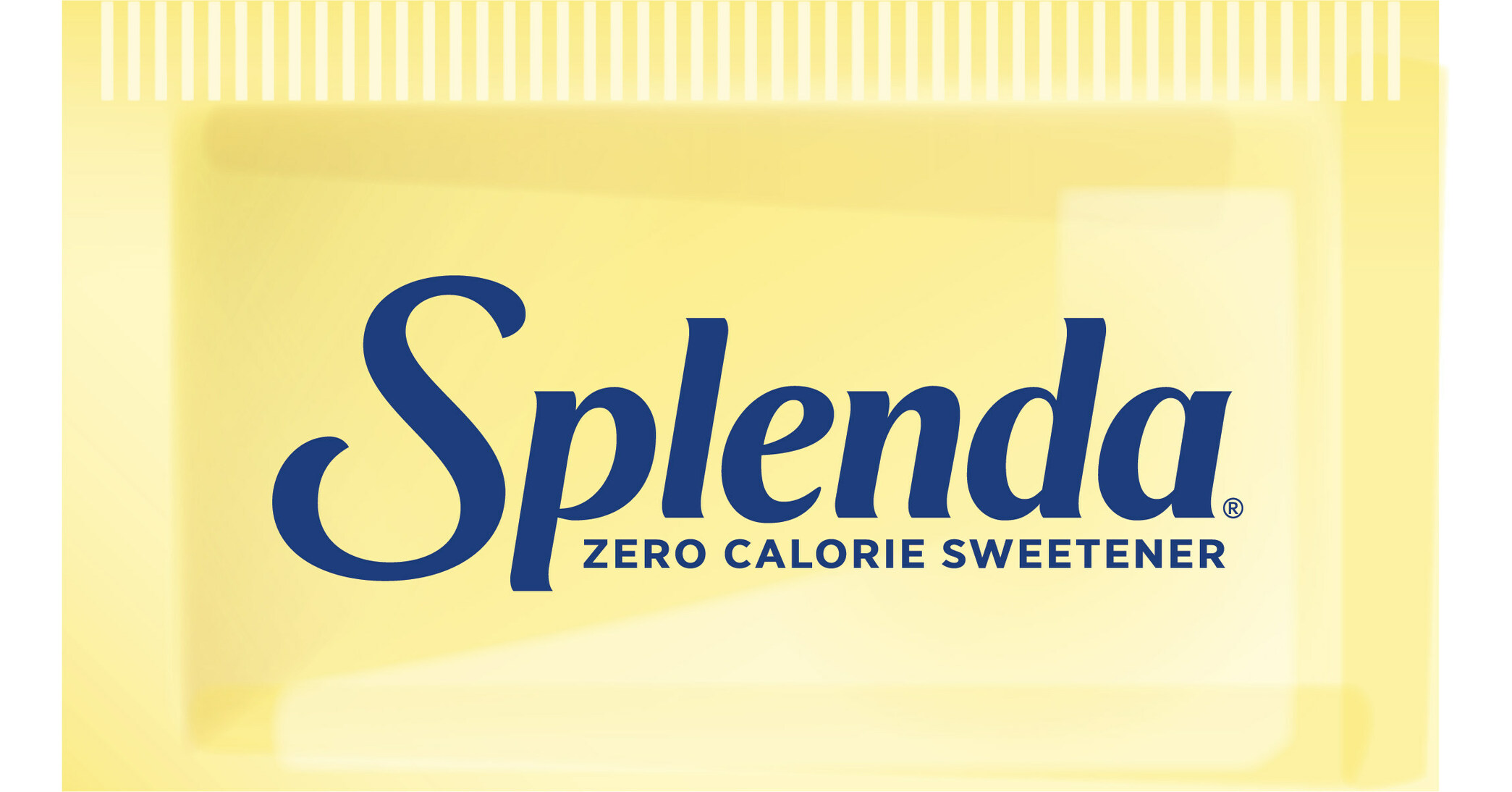
Splenda® CEO Responds to the World Health Organization (WHO) Guidance on Non-Sugar Sweeteners: Low- and No-Calorie Sweeteners Continue to be Proven Safe and Effective for Reducing Sugar, Weight Loss and Managing Non-Communicable

Sucralose: Stay Away and Save Your DNA!
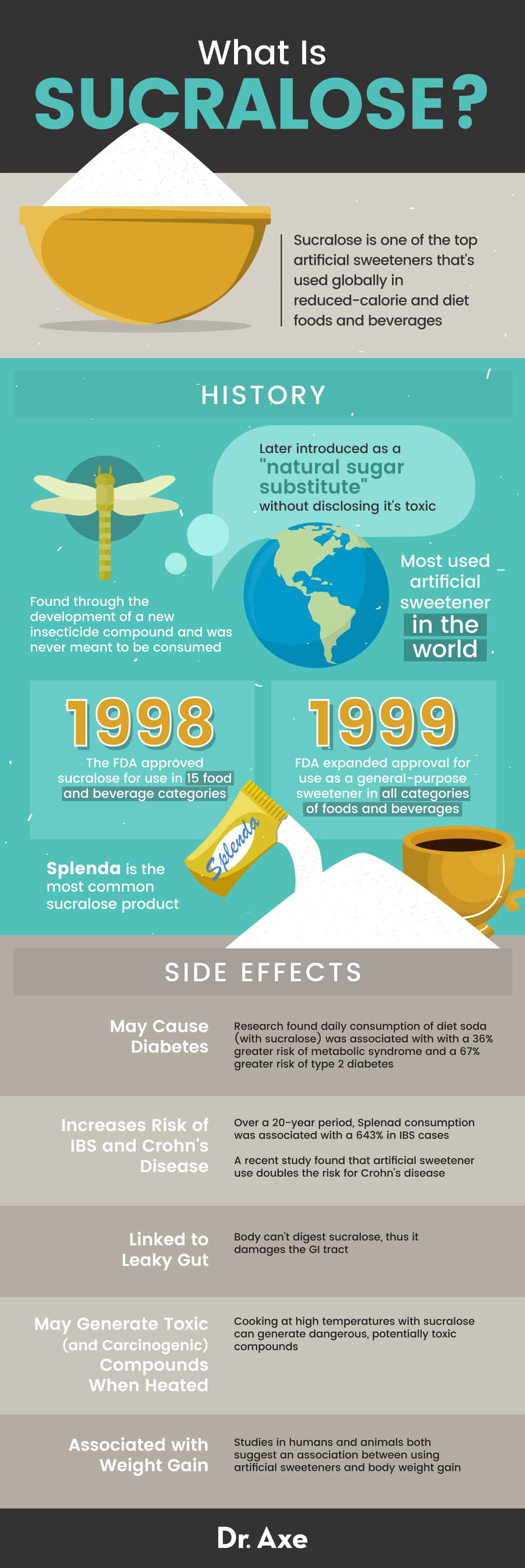
Is Sucralose Bad for You? Side Effects, Foods and More - Dr. Axe
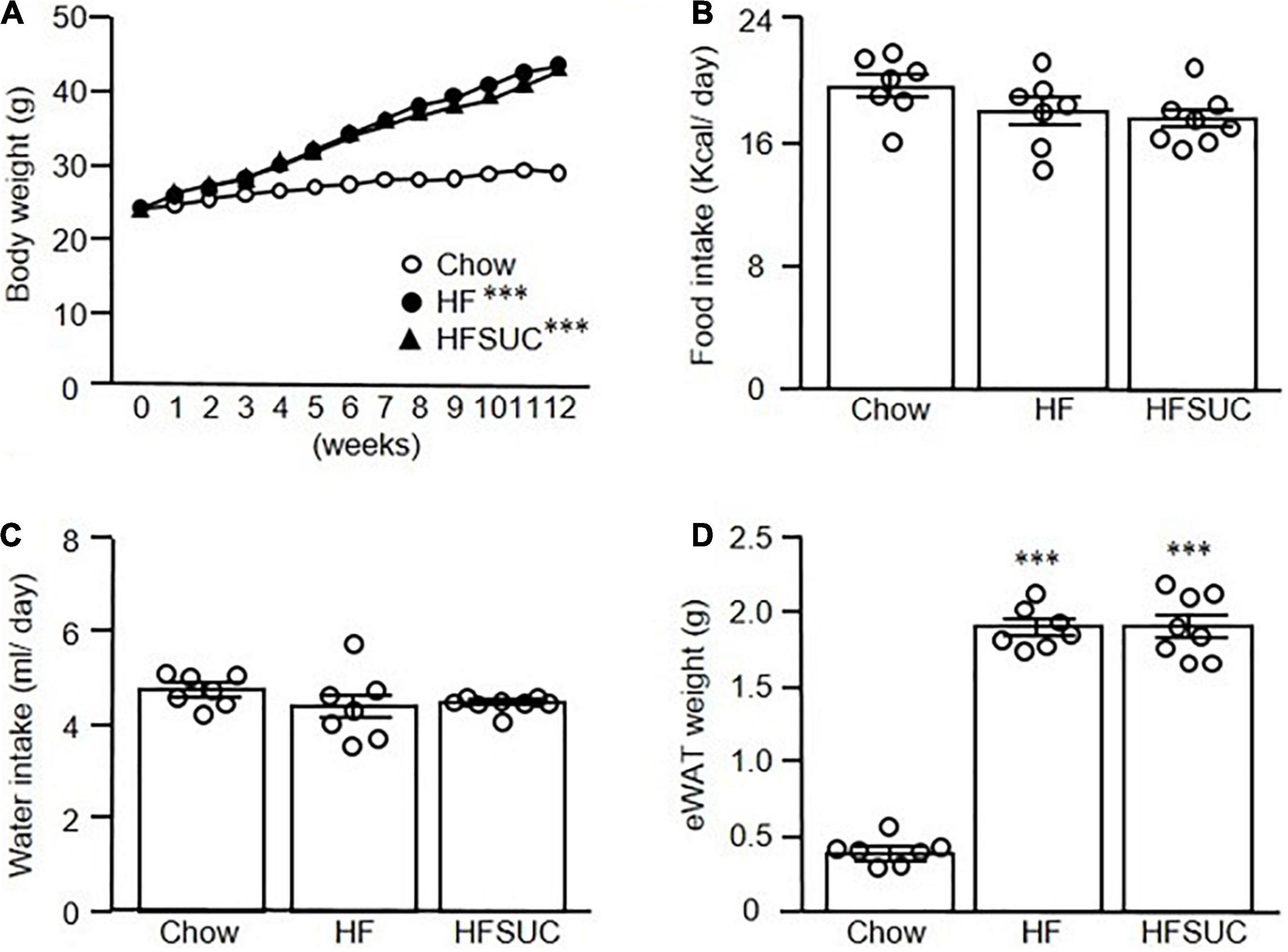
Frontiers Sucralose, a Non-nutritive Artificial Sweetener Exacerbates High Fat Diet-Induced Hepatic Steatosis Through Taste Receptor Type 1 Member 3
Recommandé pour vous
 Edulcorant sucralose CARREFOUR : le flacon de 125mL à Prix Carrefour14 Jul 2023
Edulcorant sucralose CARREFOUR : le flacon de 125mL à Prix Carrefour14 Jul 2023- Digestion of artificial sweetener sucralose appears to create metabolite that damages DNA, Research14 Jul 2023
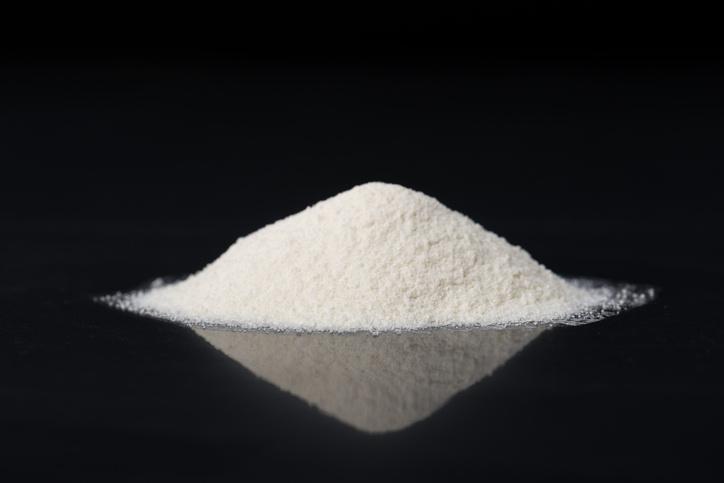 Sucralose needs a safety re-evaluation following metabolite discovery, say scientists14 Jul 2023
Sucralose needs a safety re-evaluation following metabolite discovery, say scientists14 Jul 2023 Sucralose = 98.0 HPLC 56038-13-214 Jul 2023
Sucralose = 98.0 HPLC 56038-13-214 Jul 2023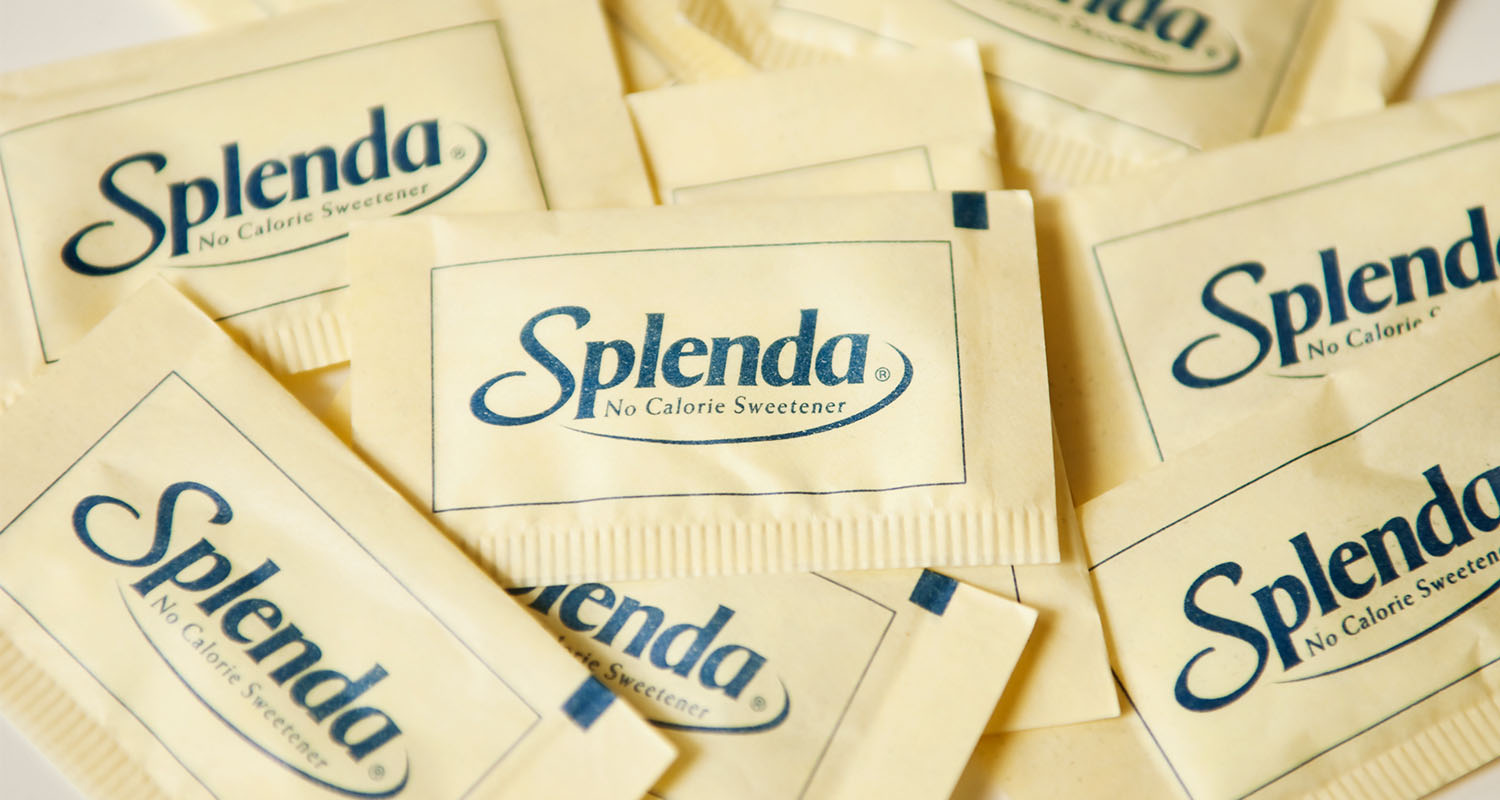 Ditch the Splenda ASAP. Here's How Sucralose Is Destroying Your Gut14 Jul 2023
Ditch the Splenda ASAP. Here's How Sucralose Is Destroying Your Gut14 Jul 2023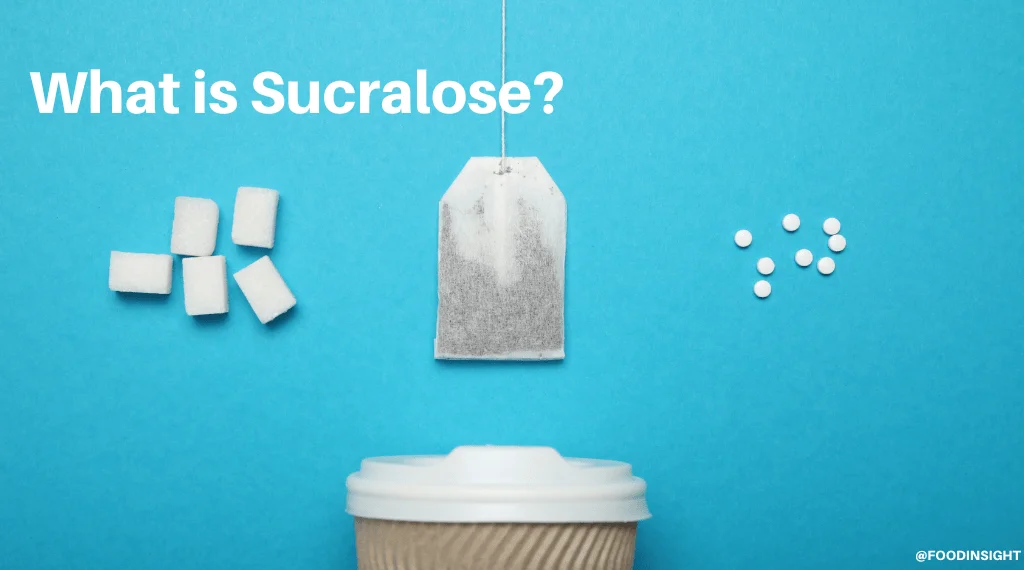 The Lowdown on Sucralose: What You Need to Know14 Jul 2023
The Lowdown on Sucralose: What You Need to Know14 Jul 2023 Hydrolysis products of sucralose: 4-chloro-4-deoxy-Dgalactose (4-CG)14 Jul 2023
Hydrolysis products of sucralose: 4-chloro-4-deoxy-Dgalactose (4-CG)14 Jul 2023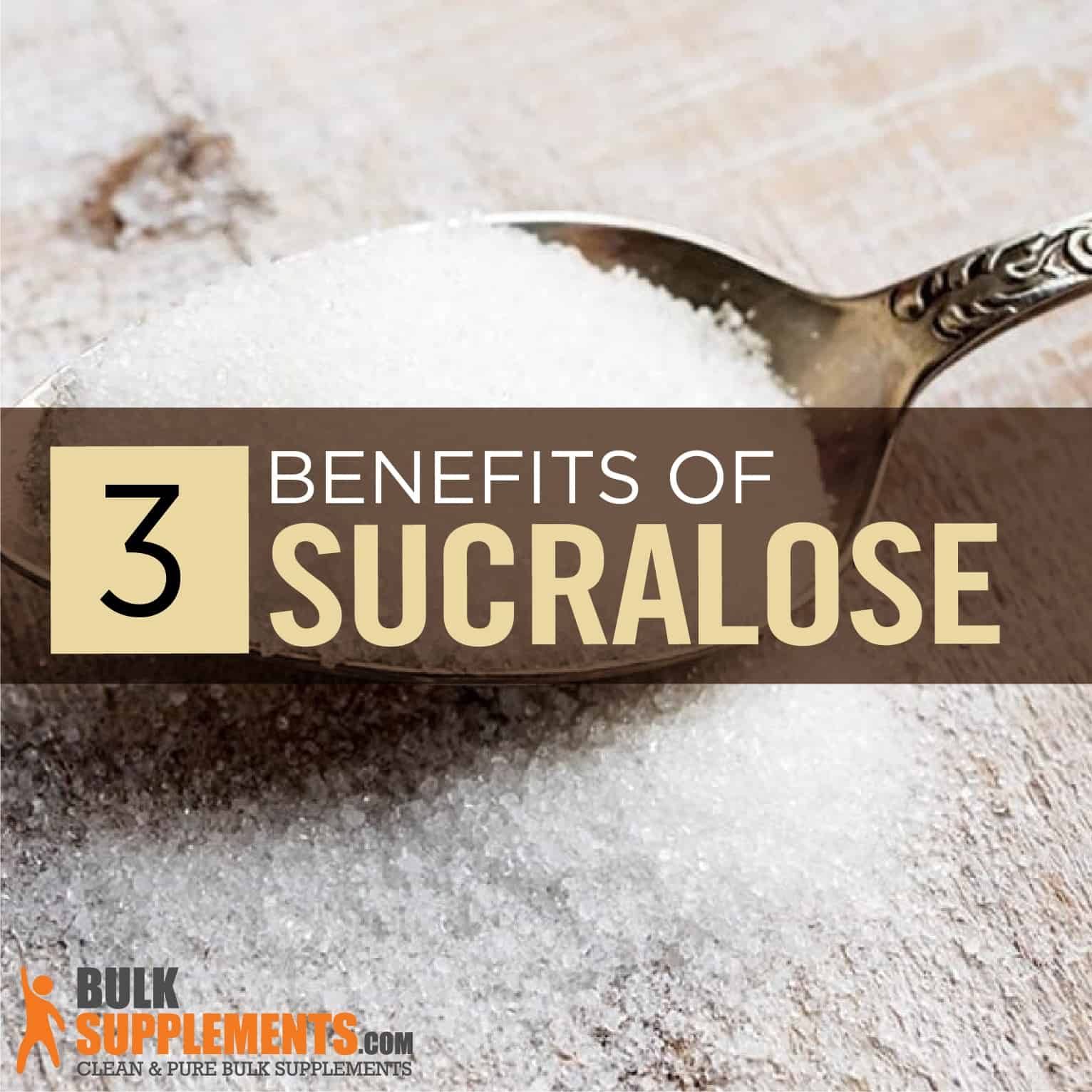 3 Ways Sucralose Sweetener May Benefit Your Health14 Jul 2023
3 Ways Sucralose Sweetener May Benefit Your Health14 Jul 2023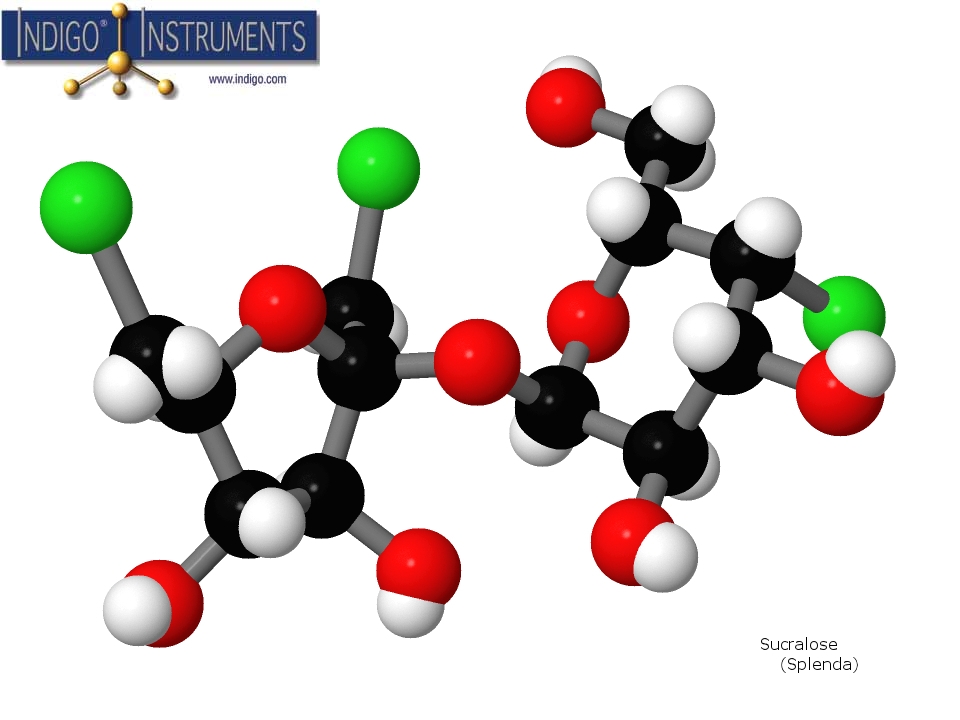 Sucralose Structure Molecular Model built with Indigo Instrument () Atoms & Bonds.14 Jul 2023
Sucralose Structure Molecular Model built with Indigo Instrument () Atoms & Bonds.14 Jul 2023- Sucralose, C12H19Cl3O814 Jul 2023
Tu pourrais aussi aimer
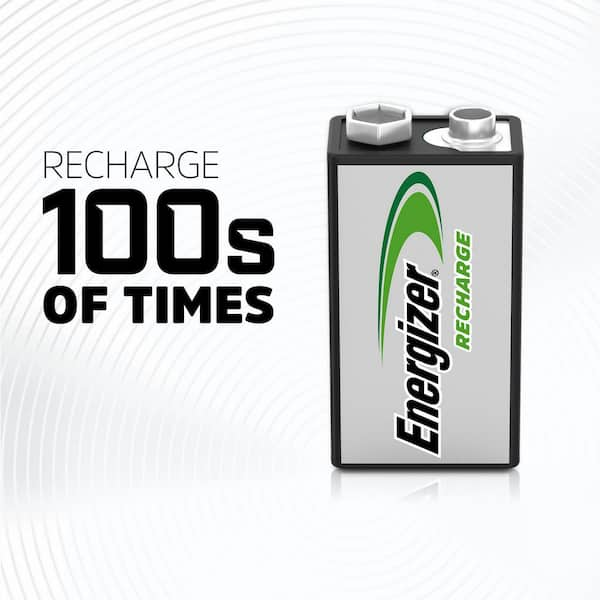 Recharge Universal 9-Volt Battery (1-Pack), Rechargeable 9V Battery14 Jul 2023
Recharge Universal 9-Volt Battery (1-Pack), Rechargeable 9V Battery14 Jul 2023 Merci chocolat - Storck - 209 g14 Jul 2023
Merci chocolat - Storck - 209 g14 Jul 2023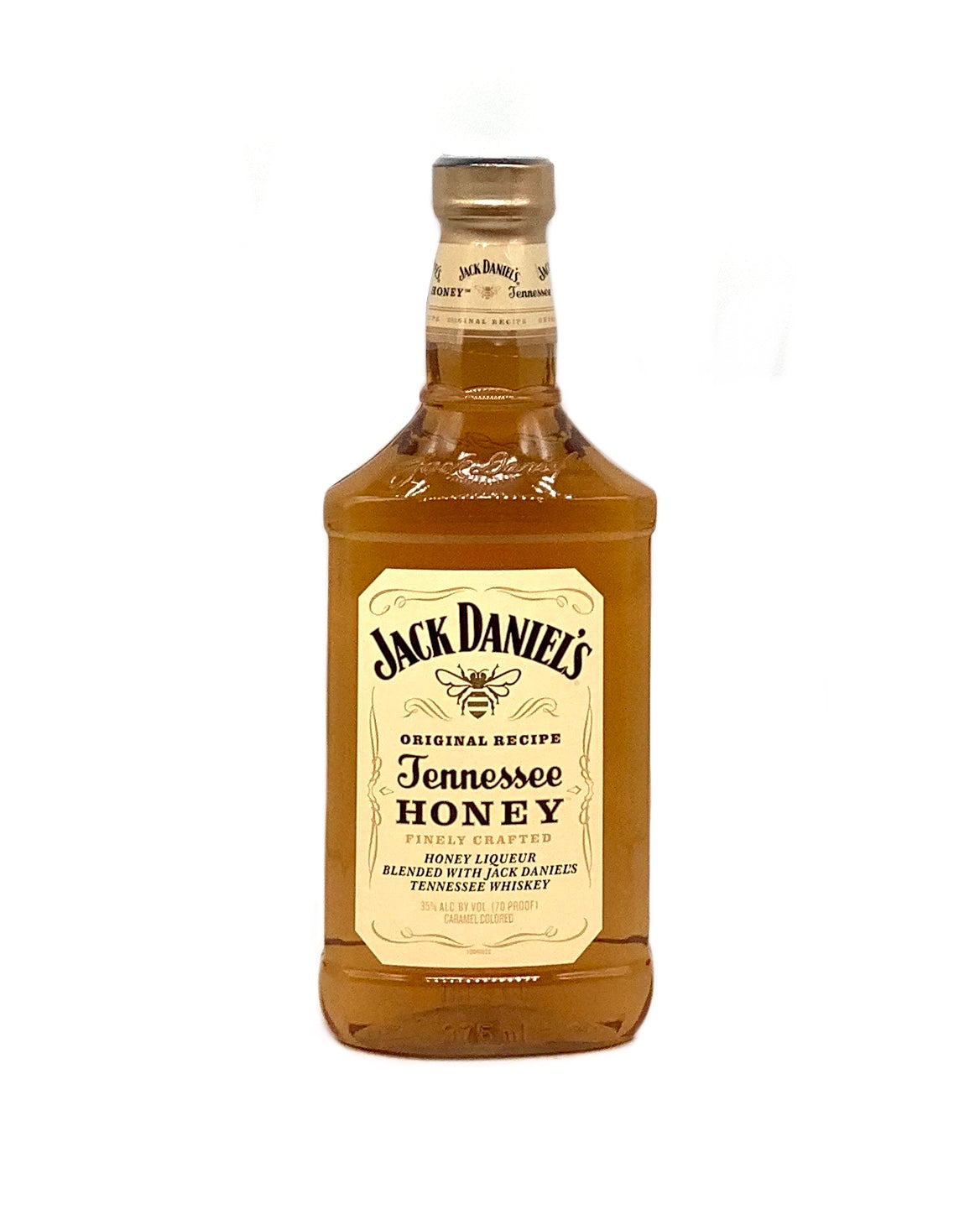 Jack Daniel's Tennessee Honey Blended Whiskey 375ml – Shawn Fine Wine14 Jul 2023
Jack Daniel's Tennessee Honey Blended Whiskey 375ml – Shawn Fine Wine14 Jul 2023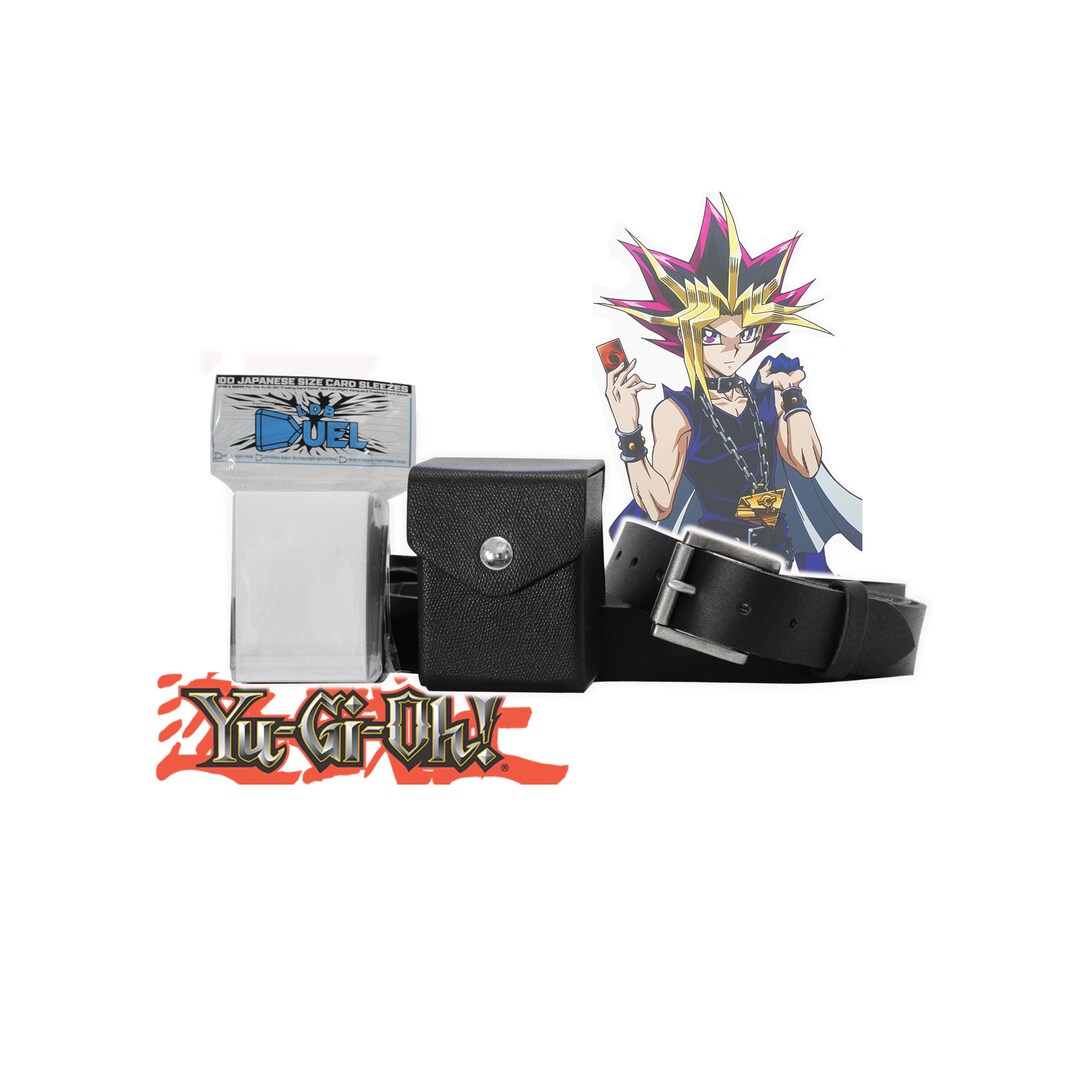 Combo Deck Box-belt-sleeves Kit, Yugi's Deck Box Replica Belt Loop Like the Yu-gi-oh Show, Boys Gift, Cosplay, Trading Cards, Toy, Budget14 Jul 2023
Combo Deck Box-belt-sleeves Kit, Yugi's Deck Box Replica Belt Loop Like the Yu-gi-oh Show, Boys Gift, Cosplay, Trading Cards, Toy, Budget14 Jul 2023 Vêtements Yamaha Homme Toutes les Collections Yamaha pour homme - Le Shop Absolute Yam-Vetements Yamaha-Idées cadeaux Yamaha14 Jul 2023
Vêtements Yamaha Homme Toutes les Collections Yamaha pour homme - Le Shop Absolute Yam-Vetements Yamaha-Idées cadeaux Yamaha14 Jul 2023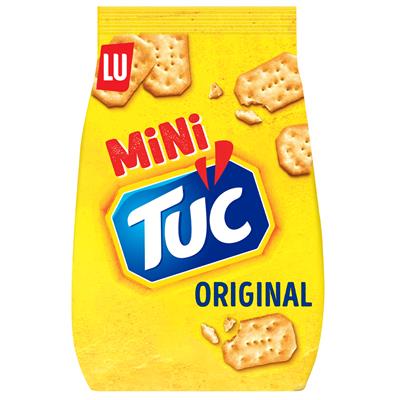 De perfecte snack: LU Tuc Mini Snackies Zout 21x100g14 Jul 2023
De perfecte snack: LU Tuc Mini Snackies Zout 21x100g14 Jul 2023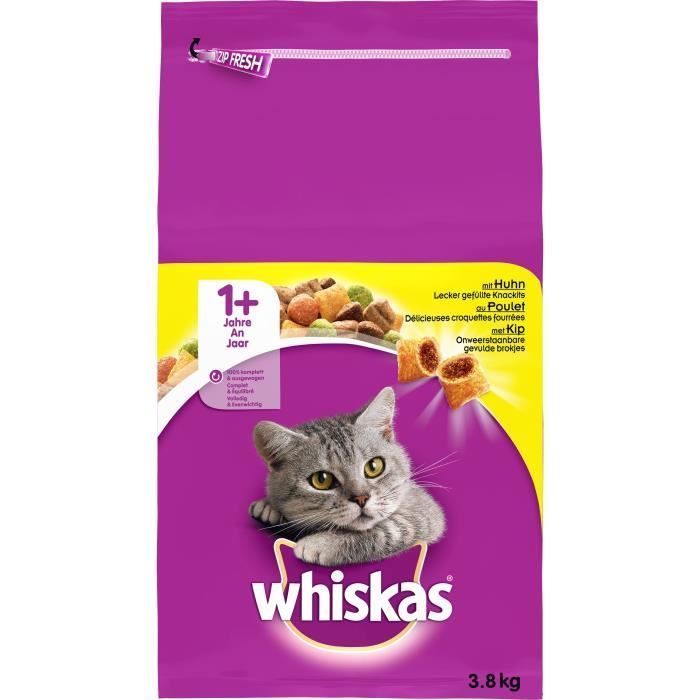 WHISKAS Croquettes au poulet - Pour chat adulte - 3,8 kg14 Jul 2023
WHISKAS Croquettes au poulet - Pour chat adulte - 3,8 kg14 Jul 2023- SC 4 EasyFix Buharlı Temizlik Makinesi14 Jul 2023
 Adaptateur pour douille clé à choc impact de 3/4 femelle int. à 114 Jul 2023
Adaptateur pour douille clé à choc impact de 3/4 femelle int. à 114 Jul 2023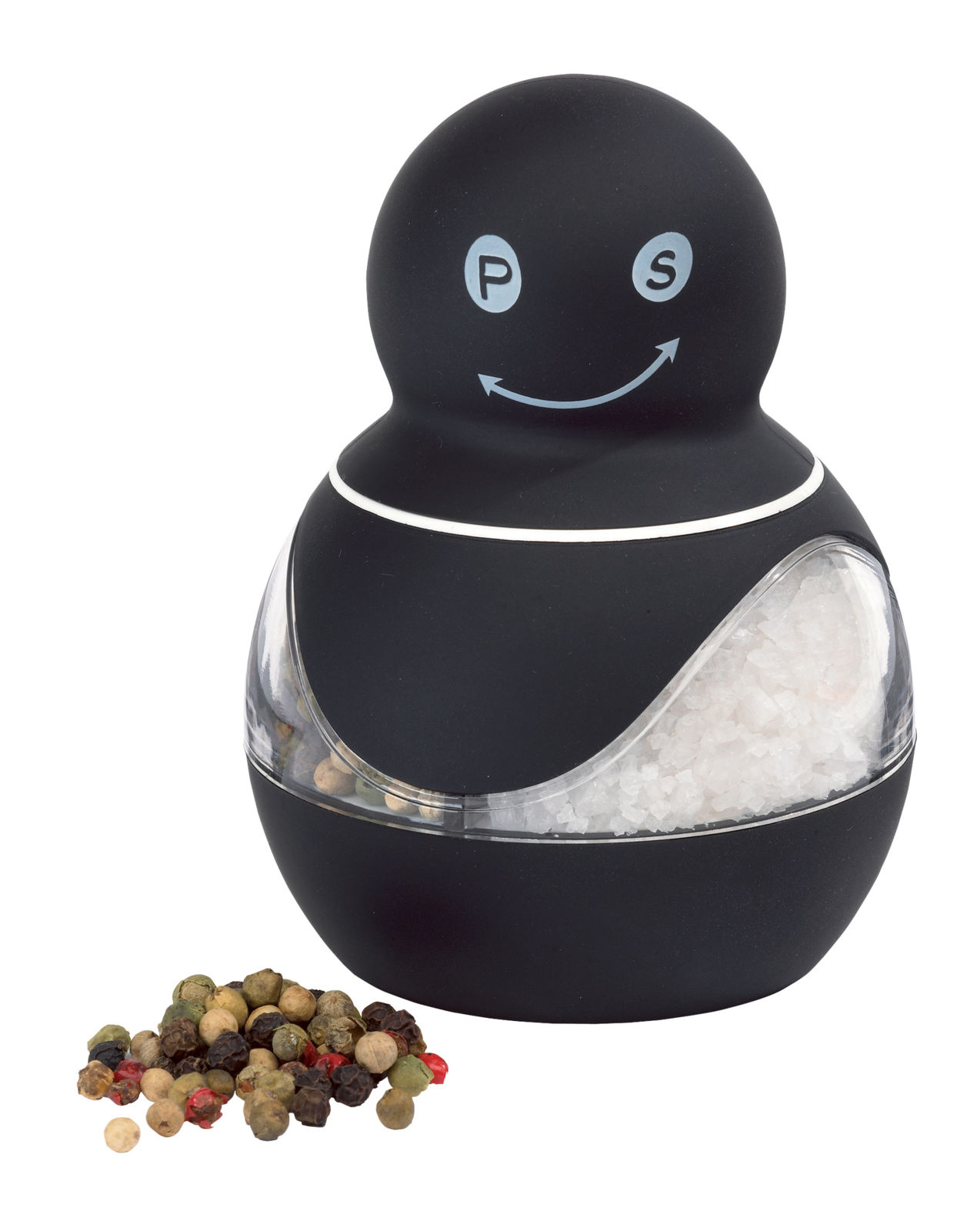 Moulin à Sel Et Poivre Bonhomme Publicitaire, Moulin personnalisé14 Jul 2023
Moulin à Sel Et Poivre Bonhomme Publicitaire, Moulin personnalisé14 Jul 2023

